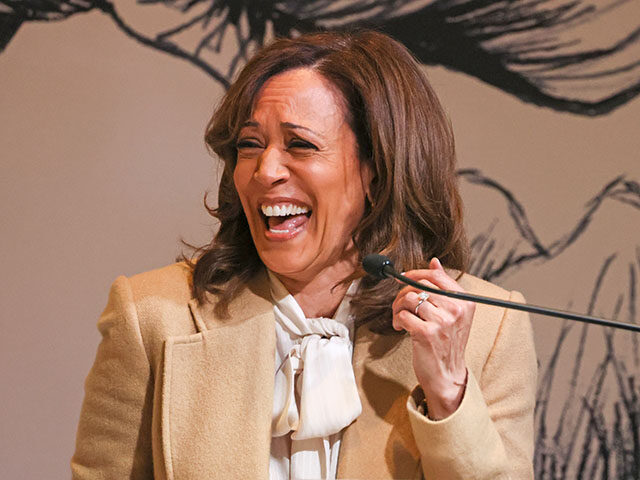The digital sphere recently witnessed a notable political event as former Vice President Kamala Harris released a TikTok video that quickly became a subject of intense public scrutiny and debate. This social media maneuver, intended to preview her forthcoming book, has instead drawn significant attention for its perceived misjudgment in tone, igniting a widespread discussion across various online platforms regarding political communication in the modern era.
In the now-viral clip, Harris directly addressed perceived public misconceptions about her post-vice presidential activities. She stated, “Everyone thinks you’ve been kicking back, drinking margaritas on the beach, but really, you’ve been hard at work, writing a book, meeting with leaders, thinking about the future of our country.” This statement, followed by a direct query to the camera, aimed to reframe her narrative but ultimately spurred considerable online commentary.
The public’s immediate reaction was largely critical, with many online users describing the TikTok as “cringe” and displaying little forgiveness. One prominent remark on the platform X succinctly captured a sentiment shared by many, noting, “This is probably one of the most unlikeable women ever created.” Such responses highlight the challenging landscape politicians navigate when attempting to connect with constituents through informal digital channels.
This particular TikTok release strategically coincides with Harris’s efforts to promote her upcoming memoir, which promises an intimate “behind-the-scenes look” into her relatively brief, yet impactful, presidential campaign. Described as “deeply personal,” the book aims to offer readers candid reflections from a pivotal period in her political career, providing insights beyond typical campaign narratives.
Providing further context to her literary endeavor, Harris explained in a video statement that the book chronicles “107 days traveling the country, fighting for our future,” marking it as the shortest presidential campaign in recent American history. She characterized the experience as “intense, high stakes, and deeply personal,” reflecting on the profound impact it had on her and her supporters.
Since concluding her campaign and leaving office, Harris has dedicated considerable time to introspection, engaging with her team, family, and friends to consolidate her thoughts. She frames the book as essentially a “journal” from those 107 days, offering an unvarnished account of her journey with both candor and reflection, aspiring to present an authentic narrative of her political aspirations.
Concluding her reflections, Harris affirmed her unwavering commitment to public service, declaring, “I will never stop fighting to make our country reflect the very best of its ideals, always on behalf of the people.” This statement underscores her enduring dedication to political engagement and her vision for the nation, despite past electoral challenges and current public scrutiny.
The broader context of the 2024 presidential election saw Donald Trump emerge victorious against Harris, securing 312 electoral votes to her 226, in addition to winning the popular vote by over two million. This electoral outcome provides a significant backdrop to Harris’s post-campaign reflections and her current efforts to reshape public perception through new mediums and personal accounts.






Leave a Reply